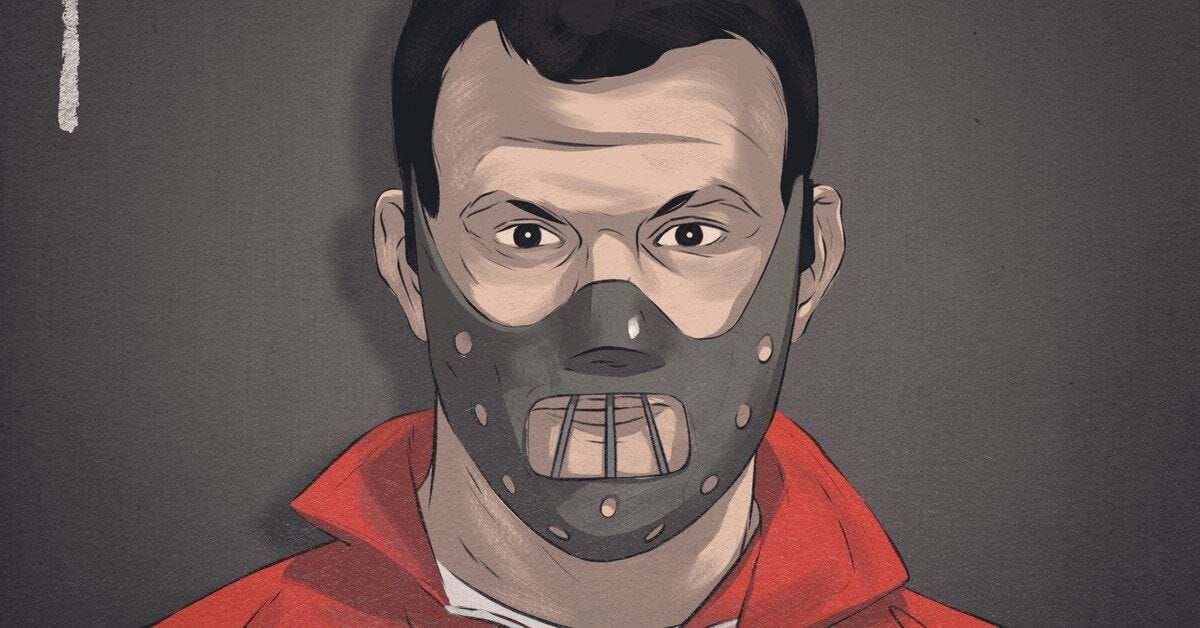Behind 'Catching Lightning': Director Pat Kondelis on Lee Murray
The four-part documentary series provides a wealth of insight regarding the former MMA fighter turned bank robber.
Director Pat Kondelis is not a stranger to telling stories where crime and sports intersect.
Having previously directed films like Outcry and The Scheme, he and his production company Bat Bridge Entertainment continue to tell extraordinary stories.
And when it comes to extraordinary stories in the MMA world, there’s an argume…


